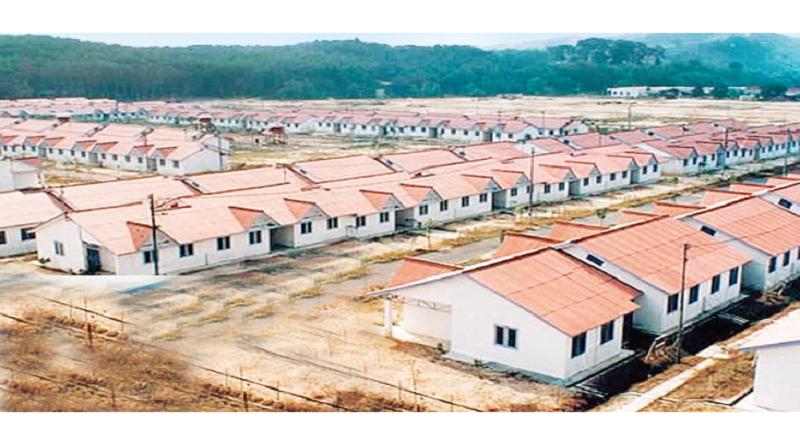Professionals challenged to design low-cost resilient, sustainable housing units
Poor design, low quality of construction, exclusion from central planning processes, and inadequate access to basic services exposed many city residents to serious environmental and health hazards. Over the last 10 years natural disasters alone have rendered over 23 million people homeless and displaced another 240 million, with the poorest residents of cities most affected. With 50 per cent of the building stock required by 2050 yet to be built, cities have an opportunity to adopt better housing designs and improve the quality of construction and planning to make them more resilient.
23 million people were rendered homeless in the last 10 years by natural disasters.
UN-Habitat has partnered with the World Bank, Build Academy, Airbnb, and the Global Facility for Disaster Reduction and Recovery (GFDRR) to launch a global challenge for the design of low-cost resilient and sustainable housing units at a cost of USD 10,000 or less. The units target victims of natural disasters and people living in vulnerable areas to minimize the negative impact of natural disasters, save lives and help communities recover faster.
This initiative challenges architects, engineers, designers and aid workers to reposition housing at the centre of development agendas and promote the design of resilient, modular, low-cost and sustainable homes that reduce risks caused by natural hazards and can be constructed rapidly following a disaster, thereby promoting achievement of Sustainable Development Goal 11 to ensure by 2030, access for all to adequate, safe and affordable housing and basic services and upgrade slums”.
The challenge is organized to address three possible scenarios: 23 million people were rendered homeless in the last 10 years by natural disasters;
Scenario 1: island countries affected by earthquakes, storms and flooding
Scenario 2: mountain and inland areas affected by earthquakes and landslides
Scenario 3: coastal areas affected by storms and flooding
Architects, engineers, and designers from all over the world can enter the competition as individuals or as teams. Designs may be submitted for any or all three scenarios and participants are encouraged to look beyond “fully prefabricated” housing designs and incorporate local building materials into their designs. Deadline for submission of designs is 30 November 2018. There is no registration fee for participation.
A reputable international jury of experts will review submissions and announce winners on 14 December 2018. Winning designs will be exhibited at the World Bank in Washington and the UN-Habitat Headquarters in Nairobi and could eventually inform design of resilient housing or reconstruction work for World Bank-funded projects in the Caribbean, South and East Asia, etc.




